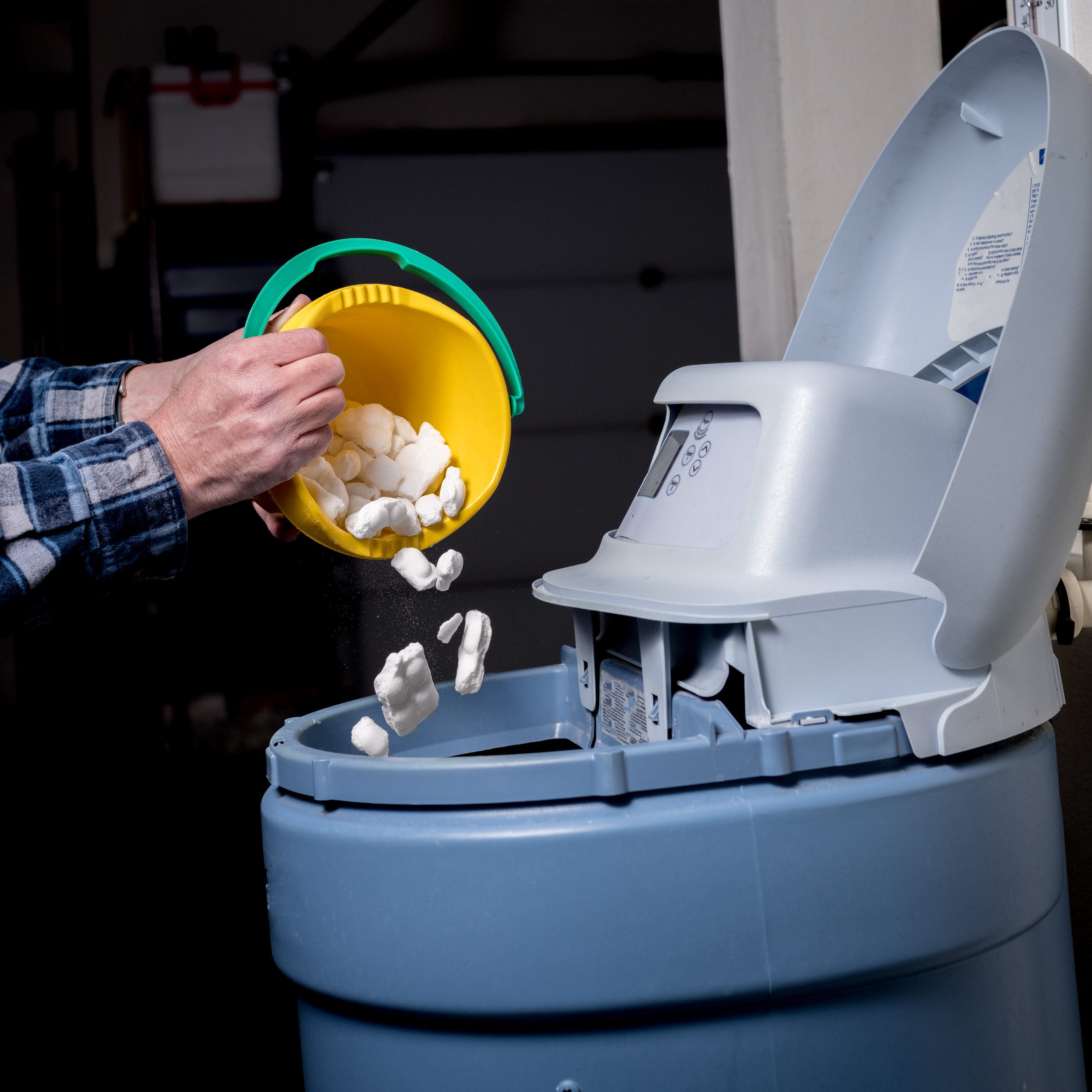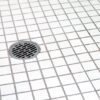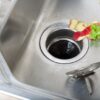Category: Water Softeners & Iron Filters

5 Signs You Need a Water Softener
Hard water, filled with high levels of calcium and magnesium, can cause a variety of problems in your home. Sometimes these issues are obvious, other times they are more subtle. But whether you are dealing with an annoying inconvenience or a hidden but costly problem, hard water is bad news for you and your plumbing. But how do you know if your home is suffering from hard water? Let’s take a look at these common signs that you need a water softener.
Hard Water Deposits
The minerals found in hard water can leave behind residue and stains in various places around your home. This is commonly seen in scale buildup on your faucets, showerheads, and even appliances. You might also notice white spots on your glassware and dishes. When hard water mixes with soap, it creates a stubborn film-like substance that sticks to surfaces. This soap scum is commonly found in bathtubs, showers, and sinks.
Laundry Issues
Hard water can damage your clothes and make it harder to keep them clean. Just like with soap scum, this is due to the way that minerals in hard water interact with soap and detergent. Hard water can leave your clothes feeling stiff or rough. It is also likely to wear them out and cause discoloration. The iron in hard water can even turn white clothes yellow. These issues mean you’ll need to use significantly more detergent to keep your laundry clean. If you find yourself constantly running out of detergent, you would benefit from a water softener.
Skin and Hair Problems
Soap doesn’t lather or wash off effectively in hard water, meaning much of it is left behind on your skin. This soap then absorbs your body’s natural moisture, leaving you feeling dried out and itchy. Mineral deposits in the water have a similar effect, sapping much of the moisture from your skin. Some research suggests that hard water may even worsen conditions of eczema. Hard water also dries out your hair, leaving it frizzy and brittle.
Plumbing Problems
Over time, mineral deposits from hard water can build up inside your pipes, reducing water flow and leading to frustrating clogs. This can lower water pressure throughout your home, making it difficult to enjoy a satisfying shower, fill up the bathtub, and wash dishes. Minerals can also build up inside your water heater, reducing its efficiency, raising your energy bills, and shortening its lifespan.
Worn Out Appliances
Hard water can have detrimental effects on a variety of appliances in your home. Mineral buildup reduces the effectiveness and efficiency of dishwashers and washing machines in addition to causing internal damage. It can also clog your coffeemaker and affect the taste of your coffee. Ice makers are another common victim of hard water, which can suffer from reduced ice production and bad-tasting ice.
Say Goodbye to Hard Water
As we’ve seen, hard water can cause numerous problems in your home, from minor annoyances to costly damages. If you’re experiencing any of the signs mentioned above, it’s likely that you have hard water. Fortunately, investing in a water softener can fix these issues and greatly improve the quality of your water. At Robillard Plumbing, we are experts in choosing the right water softener for your home. Contact us to discuss installing one today!
Read More
Benefits of Installing a Water Softener
If you’ve ever experienced hard water in your home, then unfortunately you know just how frustrating it can be. From clogged pipes and ruined clothing to soap scum and spotty dishes, hard water can cause a wide range of issues for you and your home. Luckily, a water softener can solve these problems. Continue reading our blog to explore the benefits of installing a water softener in your home.
What is Hard Water?
Hard water is water that contains a high level of dissolved minerals such as calcium and magnesium. These minerals can build up in your plumbing system, causing clogs and reducing the efficiency of your appliances. Additionally, hard water can leave nasty mineral deposits on your fixtures and make it difficult to lather soap or shampoo effectively.
Extends the Lifespan of Appliances
One of the primary benefits of installing a water softener is that it can help extend the life of your plumbing system and appliances. Hard water can cause a buildup of minerals in your pipes, which can eventually produce clogs and corrosion. This may lead to costly repairs to your plumbing system or a whole new installation. By preventing this mineral buildup, a water softener can effectively extend the lifespan of your plumbing system and appliances.
Signs of Hard Water
About 85% of the United States is a hard water area, and some places may be worse than others. As a homeowner be aware of and keep an eye out for the signs of hard water, such as:
- Faucets having water marks
- Excessive lime and chalk build up
- Clothes fading in color and/or strength
- Skin and hair feeling dry or itchy
- Low water pressure
- Dishes having watermarks
- Water smelling or tasting different
Saves Money
Every homeowner would love to save money on home repairs and on their utility bills. Installing a water softener can help you do just that. Again, hard water can reduce the efficiency of appliances, such as your dishwasher and washing machine. When your appliances have to work harder than normal, it leads to higher energy bills.
Improves Water Quality
It is essential for homes to have access to safe, high-quality water, and a water softener will help ensure that. Soft water is gentler on your skin and hair, and it can help you lather soap and shampoo more effectively. Soft water can also leave your dishes and clothes cleaner and brighter, as it doesn’t leave behind mineral deposits.
Contact Robillard Plumbing
At Robillard Plumbing, we take pride in our ability to provide reliable, residential plumbing services. With every project, we’re committed to getting the job done with unparalleled quality. Our master plumbers are experts in water softener and iron filtration system inspection, repair, replacement, and installation.
Contact us today for our services!
Read More


